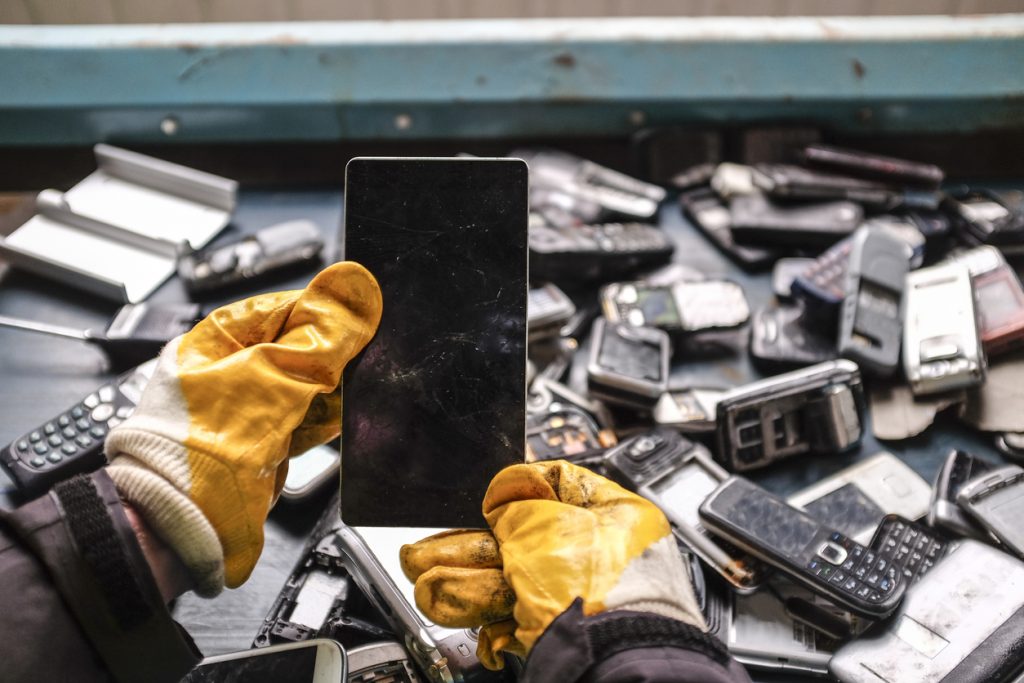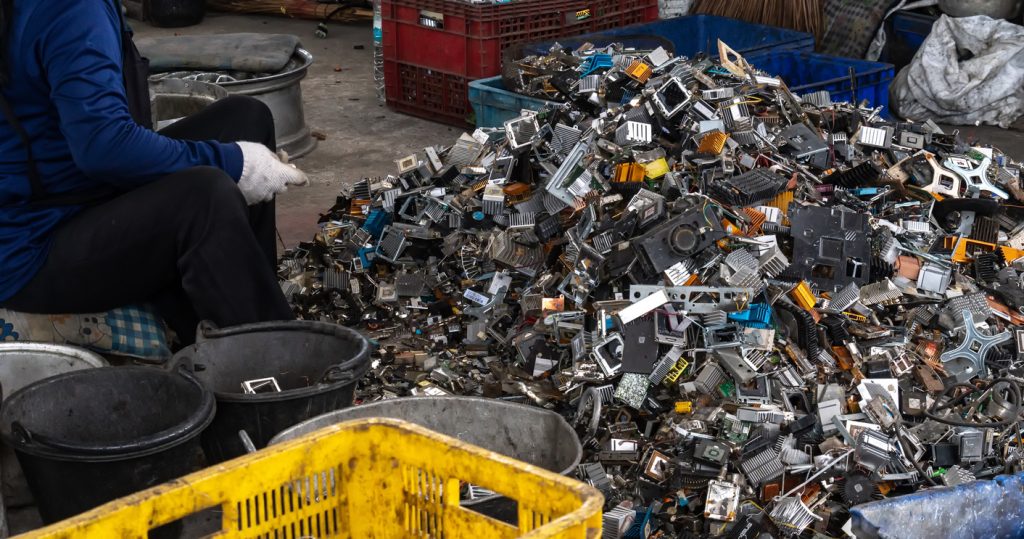Recycling electrical equipment
Although there are lots of options for waste disposal, including skip hire for those occasions when you’ve got lots to get rid of, it’s important to explore the possibilities for recycling first.
There are restrictions on how electrical equipment can be disposed of as the government is keen for as much as possible to be recycled. Some types of electrical equipment cannot be placed into a skip, and can only be collected via specific arrangements.
Here’s a look at electrical equipment and the potential for recycling.

Did you know?
Around 170 million electrical items are bought every year, which works out at around 3 items per person in the UK.
As new items are purchased, around 1 million tonnes of electronic and electrical waste is produced every year. However, just 1.8kg of every 5.9kg of electrical equipment is recycled, just a small fraction of what could be re-used.
Even items which are no longer in good working order can be recycled. As an example, there’s enough steel in one iron to create 13 steel cans.
The Waste Electrical and Electronic Equipment (WEEE) Regulations were enacted in January 2007; this legislation was launched in an attempt to increase the recycling rates and decrease the amount of electrical equipment going to landfill.
Electrical equipment includes mobile phones, kitchen appliances, TVs, electric tools and computers.
Why it’s important to recycle electrical equipment
If the item is still in good working order, you could help to raise money for charity by donating it to a good cause. It could either then be sold or given to those who are in need.
But helping others in need or raising money isn’t the only reason why recycling is important; it also reduces the pressure on landfill, which in turn helps the environment.
Landfills are bursting at the seams, and by recycling items rather than simply discarding them, you can play your part in helping to reduce the problem.
Items that end up in landfill can cause contamination of the soil and water as hazardous substances leech out. This can be harmful not just to the environment and the local wildlife, but potentially even the human population too.
Recycling helps to preserve the planet by reducing the toxic waste created from landfill and also saving energy and resources.
Here at Reston Waste Management, we try and recycle as much as possible, only sending waste to landfill when absolutely necessary.
How are electrical items recycled?

Although an item may no longer be fit for purpose, you could be surprised at how the components could be recycled for alternative use.
Here’s a look at what some of the most common items contain:
- Mobile phones – contain precious metals including palladium, gold and platinum which can be used for electrical components (low voltage) or plating. They also contain zinc which can be combined with copper to create brass or to galvanise steel. Zin blocks are also useful in the shipping industry to prevent rust.
- Games consoles – contain steel which can be used for car parts and computer casings. The circuit boards also contain precious metals which can be used in the same way as those found in mobile phones.
- Hover mowers – contain a strong type of plastic known as ABS which can be used to create mouldings used on car bumpers, musical instruments, pipes and cases. Motors made from copper which can be taken apart to create copper wire, currency and jewellery.




